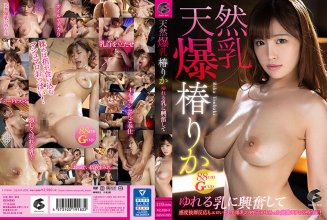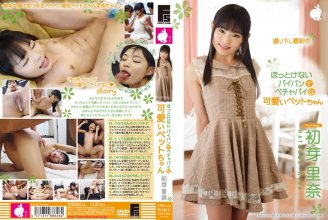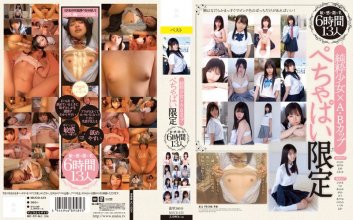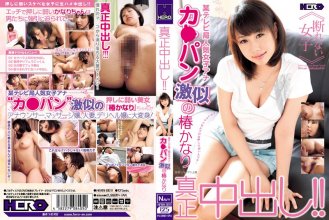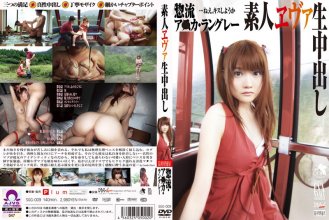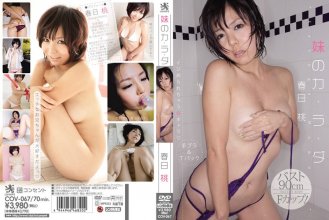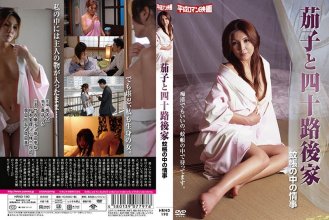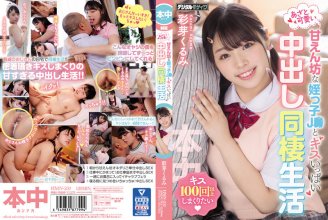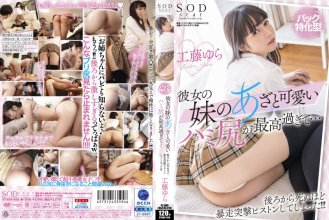A DQN is somebody who is stupid, uncultured, or socially inferior. Often translated as delinquent or bad boy/girl.
This is correct.

To expand, it's
internet 2ch slang derived from the pronunciation [dokyun] ドキュン, which was in the name of a TV show "Mokugeki! Dokyun" This show featured couples meeting again after years apart. The 'socially inferior' usage came from something you'd see on that show.
A 'DQN' is the kind of person who'd get married in a hurry before having a kid at 17, end up divorced by 20, and appear on Mokugeki! Dokyun at 40. It's the kind of person who would get fired from their job because they went to comfort a friend whose girlfriend left them. More than anything, a DQN is characterized by bad judgment and poor decision making.
The idea of naming your child using unreadable kanji or giving normal kanji an absurd reading ([Naito] being written as 騎士 'knight', or 光宙 being read as [Pikachu]) was at first called 'DQN Name'. However, after some court cases in 2003-4, the term DQN was recognized as a slur that could cause significant damage to one's social standing - sort of adjacent to a racist epithet. After this, you stopped seeing DQN used on TV or in public settings, and the naming phenomenon became known as a 'Kirakira Name' or Sparkling Name.
Autotranslate in overdrive. The word in question here is [tennen] 天然 'natural', in the sense of 'unspoiled; unaltered; as one would find in nature'. The term that
should be translated as 'airhead' is [tennen boke] 天然ボケ. But since [boke] can be clearly construed as an insult, the term is often shortened to just [tennen] to keep it intentionally ambiguous. You don't want to hurt the airhead's feelings, after all.

The individual who gave rise to this use of 'natural' to mean 'airhead' is
the subject of a series currently on Netflix.

But the
real trouble is the fact that
neither of those titles use [tennen] in the sense of 'airhead'. Both of them are the original 'unspoiled' usage, so the translation is a mistake in both. The 'airhead' usage is quite rare,
but it does exist -- mistranslated of course.
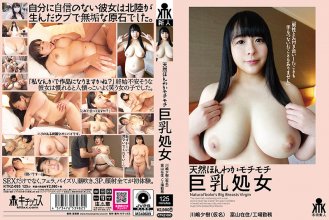
However, 天然 [tennen] itself is in TONS of AV titles, because it's how you describe
natural tits.
